Gia Lai has 5 more national 5-star OCOP products. Photo: DVCC
From organic production to specialty brands
Originating from the love of clean agriculture and the passion for the once famous pepper plant, young people living in Le Chi land (now Kon Gang commune, Gia Lai province) have gradually rebuilt the organic pepper area with the ambition of bringing their hometown's pepper brand to the world. The story of reviving the native breed to form Le Chi pepper products is closely associated with the history of this land and has left a strong impression. According to the stories of the people here, in the years 1957-1960, the Ngo Dinh Diem government implemented a policy of resettlement from the Central region to the Central Highlands. To stabilize life, the government gave each family 4 pepper vines and 4 jackfruit vines to plant along the fence. Thanks to the fertile red basalt soil, fertilized only with kitchen ash, in just a few years the pepper plants grew green and lush, clinging to the towering jackfruit trees. Red pepper has a special flavor with the sweetness of the fruit and the spicy taste of pepper, and is considered a precious medicine by the people. However, later, due to the pursuit of profit with new varieties and chemical fertilizers, the native pepper gardens died one after another.
Nam Yang Agricultural and Service Cooperative (Kon Gang commune) has 5 national-level OCOP products. Photo: Vu Thao
Ms. Nguyen Thi Nga - Deputy Director of Nam Yang Agricultural and Service Cooperative shared: “As someone born and raised in Le Chi land, we want to build and restore the typical products of our locality. In the midst of the movement of massive pepper planting and destruction, I chose to go against the majority, in 2017, I started to switch to organic production, restoring the native Le Chi pepper variety. Considered eccentric, but I know that if the soil is not clean, the plants are not healthy, people cannot be at peace. Little by little, the native pepper variety was revived. From the failure of the whole region, I learned the lesson of preserving the variety, preserving the land and keeping the faith. That is the only way if we want Gia Lai pepper to return one day. In the direction of building the brand, the Cooperative (HTX) wrote the story of Le Chi pepper, from reality through the stories of my grandparents, why the commune was named Le Chi, why pepper plants exist, the process of restoring the original variety what is the terrain…”.
From the success of building the Tieu Le Chi brand, Nam Yang Agricultural and Service Cooperative continues to put its heart into creating Dak Yang coffee products, through the story of land and water associated with the name of the raw material area, to the profound ideas and future orientation. Ms. Nga said: “In the Bahnar language, Dak means water, Yang means god. Coffee beans are nourished by the water of the god. With the pure organic farming method of our ancestors in the past, relying on the soil and climate, it will produce coffee beans with special flavors. Dak Yang coffee products use the coffee variety planted from 1995-1998. Using only organic fertilizers, green manures and minimizing chemicals is a sustainable direction, helping to preserve the soil and preserve long-standing tree varieties.
Coffee processing at Nam Yang Agricultural and Service Cooperative. Photo: Vu Thao
During the harvesting process, the cooperative selects ripe berries, processes them for natural fermentation, then dries them on the floor, roasts them and processes them into finished products. To ensure consistent quality for the products, the cooperative cooperates with farmers to build a closed production chain from raw material areas to processing, packaging and consumption. In particular, the process of harvesting, processing and roasting specialty coffee is strictly controlled. Only red, ripe coffee berries floating on the floor are selected, naturally fermented, dried on the floor and roasted in separate batches. Notably, recently, Dak Yang Fine Robusta coffee achieved a score of 87.5 in the ranking of the Coffee Quality Institute (CQI). This is not only a source of local pride but also a testament to the great potential and affirms the position of Vietnamese coffee on the global specialty coffee map.
To date, after 8 years of operation, the cooperative has attracted 100 members with a production area of about 200 hectares (120 hectares of coffee and 80 hectares of pepper), of which more than 30 hectares are certified organic by the US and Europe, the rest are converting to organic production. The story of the Nam Yang Agricultural and Service Cooperative is a testament to the value of production linkage, preserving native varieties, organic farming and building native brands. From a poor land, pepper and coffee beans have now reached the market with humane stories and sustainable values.
After being sorted by machine, green coffee beans will continue to be carefully hand-sorted to remove any remaining broken or flat beans. Photo: Vu Thao
Strong impression with 5 products achieving 5 stars at the same time
On June 24, the National OCOP Product Evaluation and Classification Council announced 47 national 5-star OCOP products. Of which, Nam Yang Agricultural and Service Cooperative has 5 products including: Le Chi organic red pepper, Le Chi organic black pepper, Le Chi organic white pepper, Dak Yang Fine Robusta coffee, Dak Yang Honey coffee. This is not only a title for the cooperative to strengthen its brand, create advantages in negotiations with partners, but also opens up great opportunities for products to reach the international market.
According to the Deputy Director of Nam Yang Agricultural and Service Cooperative, with the development orientation, the Cooperative persistently pursues organic agriculture, builds brands, invests in deep processing and manages closed quality. “The 5-star title is a driving force, but what is more important is how to win over consumers as well as maintain credibility with the market. After being recognized as a 5-star OCOP, the Cooperative continues to set the goal of promoting and connecting consumption through traditional channels and e-commerce. At the same time, continuing to expand the organic area, the Cooperative currently has a plan to survey more households who want to convert, if they meet the standards, they will support with techniques, organic fertilizers and sign a consumption contract. In addition, the Cooperative also prepares a plan to build a methodical brand story for each product" - Ms. Nguyen Thi Nga said.
Dak Yang Fine Robusta coffee scored 87.5 points in the Coffee Quality Institute (CQI) rankings. Photo: Vu Thao
Mr. Tran Van Van - Deputy Chief of the Office of the National Target Program for New Rural Development in the province, assessed: "To achieve national OCOP, the product must have local characteristics, achieve international quality management certification, ensure food safety, detailed and specific instructions for use, complete legal documents and an environmentally friendly production process. For raw materials, there must be a contract linking over 75% of consumed output and the contract must be implemented stably for 12 months or more. The products of Nam Yang Agricultural and Service Cooperative currently meet all these criteria. In the coming time, the province will focus on supporting OCOP subjects to complete standards, improve production capacity and promote market connections, towards sustainable agricultural development and increased value".
The fact that a cooperative has 5 products achieving 5-star OCOP is a testament to the strategy of large-scale production, standardization and systematic linkage of raw material areas. This is a typical model that needs to be replicated to increase the proportion of high-quality products, aiming for sustainable official export.
Source: https://baogialai.com.vn/cu-hich-cho-nong-san-gia-lai-post330739.html



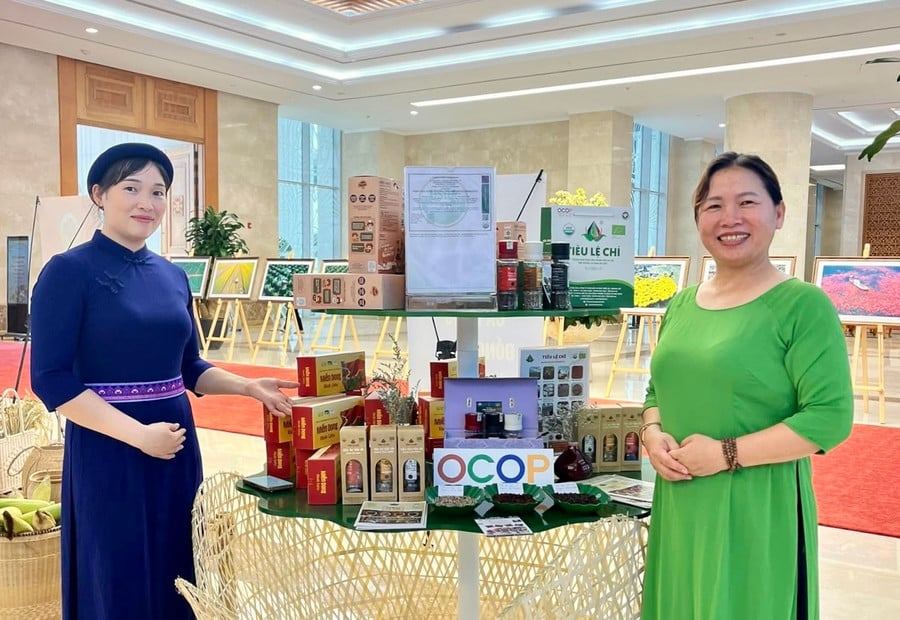
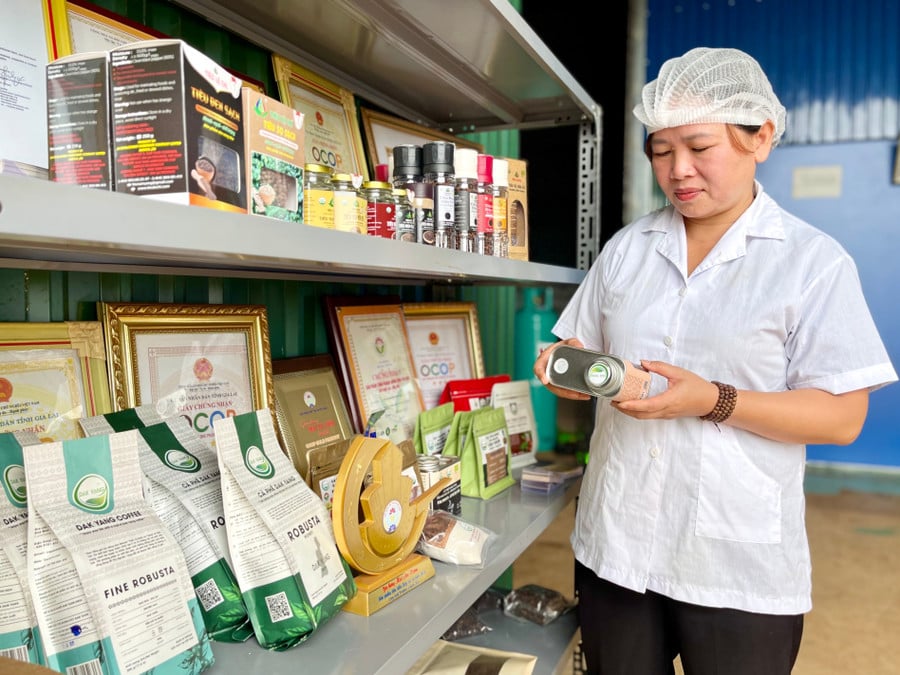
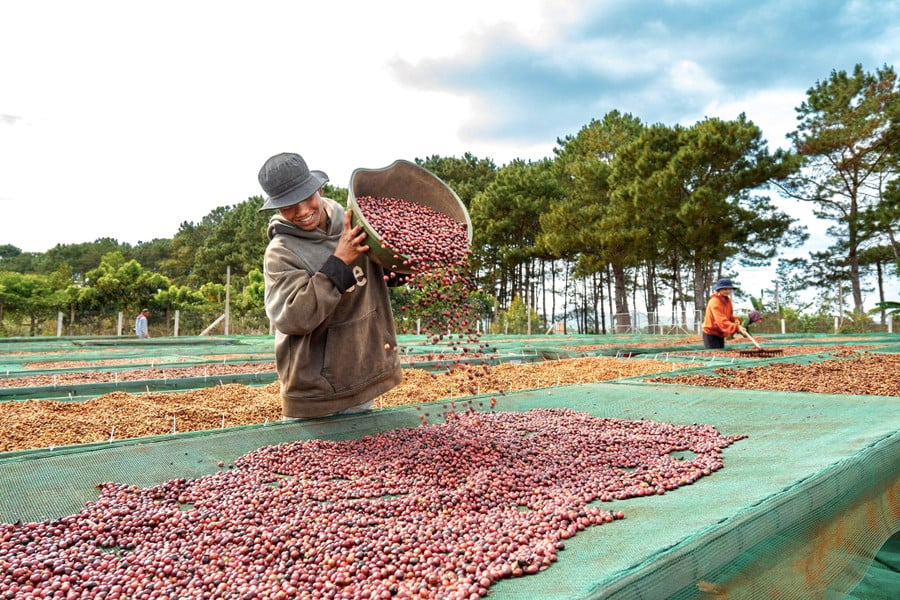
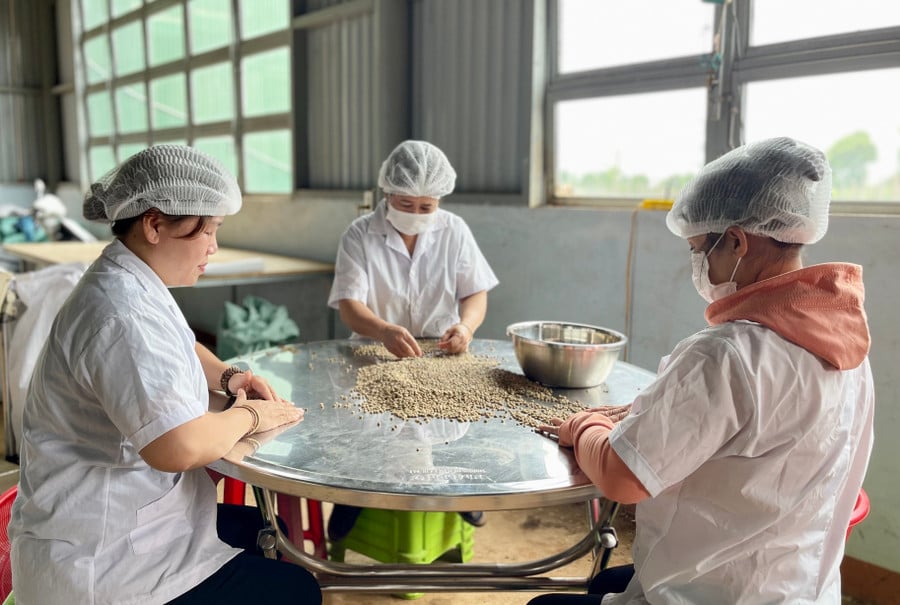
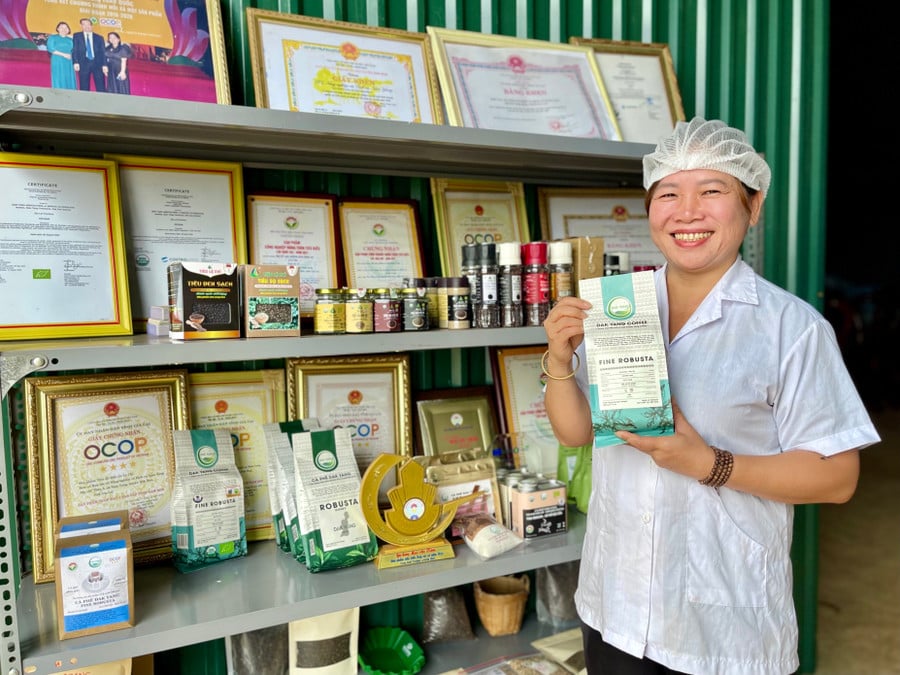

![[Photo] Parade blocks pass through Hang Khay-Trang Tien during the preliminary rehearsal](https://vphoto.vietnam.vn/thumb/1200x675/vietnam/resource/IMAGE/2025/8/27/456962fff72d40269327ac1d01426969)


![[Photo] Images of the State-level preliminary rehearsal of the military parade at Ba Dinh Square](https://vphoto.vietnam.vn/thumb/1200x675/vietnam/resource/IMAGE/2025/8/27/807e4479c81f408ca16b916ba381b667)

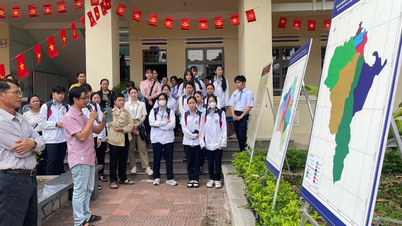
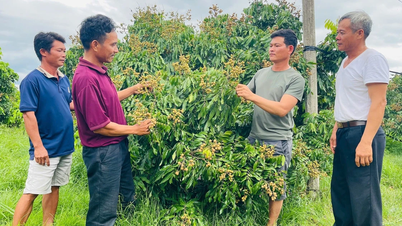


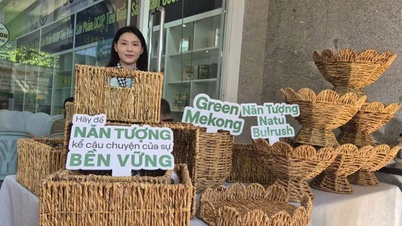
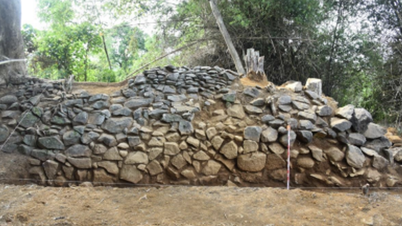

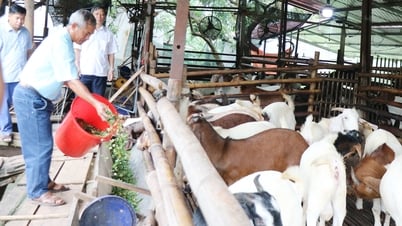

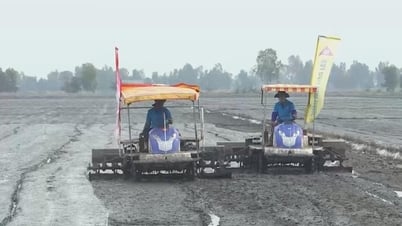













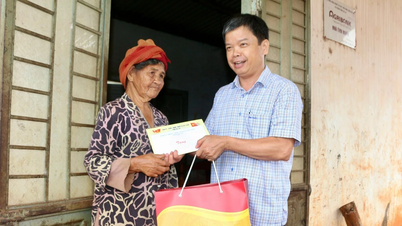
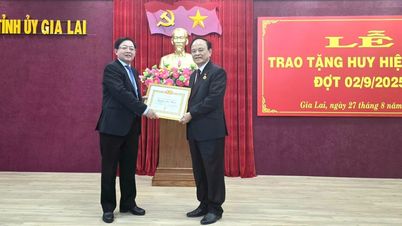

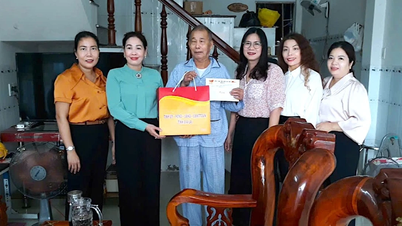
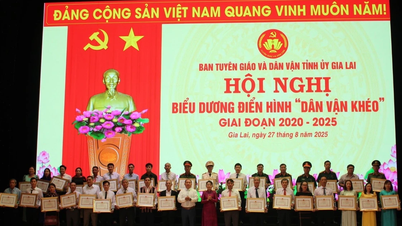
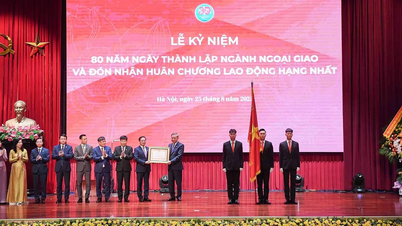





























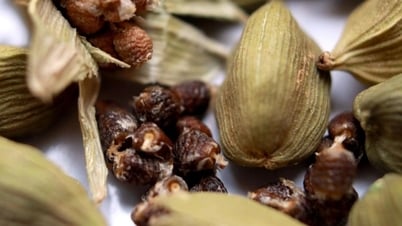



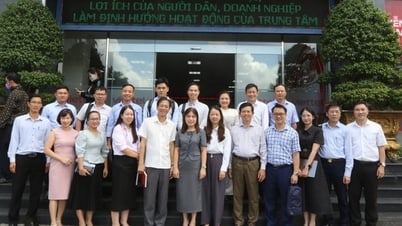





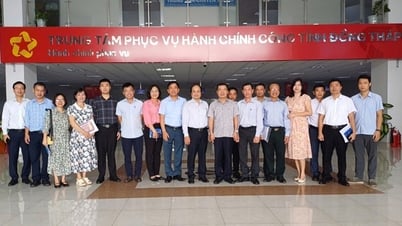








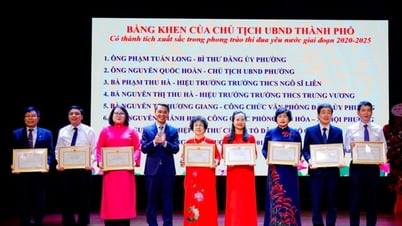
















Comment (0)